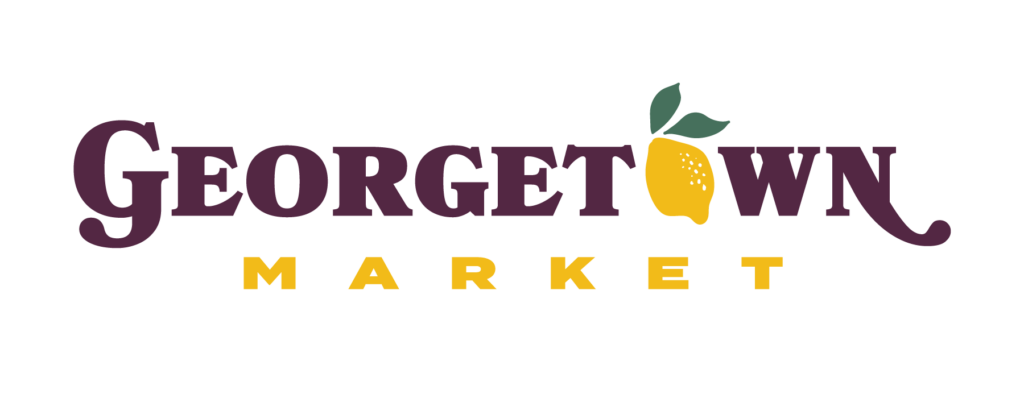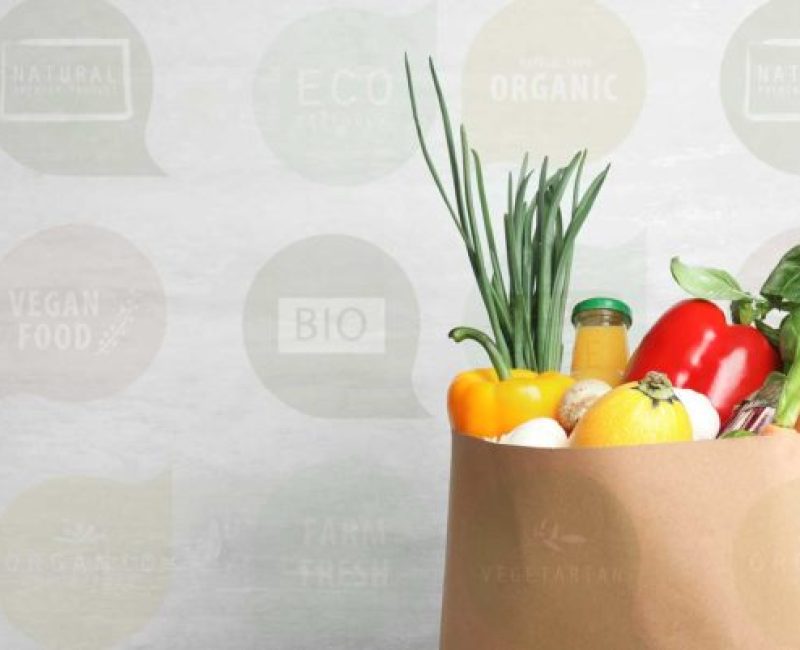While grocery shopping, you most likely have seen labels such as organic, non-GMO, natural, etc. With the growing concern for health and the environment, many people are turning their attention to these labels.
Products bearing this verbiage gives certain benefits that other generic products don’t, and there is often an extra cost associated with it. But do you know exactly what you are paying for? Are you really getting all the benefits you think those labels give?
Take a look at some of these common food labels and what they actually mean.
Organic
According to the United States Department of Agriculture (USDA), in order for a product to be labeled as organic, it must be produced without USDA-prohibited methods and substances. In general, USDA-certified organic products are free from genetically modified organisms and synthetic pesticides.
For animal products such as meat and dairy to be certified as organic, the animals from which the products come must have been raised organically. This means they only ate feeds grown without synthetic pesticides or GMOs, but they are not necessarily grass-fed. The animals cannot be given hormones or antibiotics, and they also had to have lived in an environment that accommodates their health and natural behavior.
For produce and processed products (such as bread, snacks, etc.) to be certified as organic, the process must follow “practices that support the cycling of on-farm resources, promote ecological balance, and conserve biodiversity” according to USDA. Similar to organic animal products, most synthetic processing aids and artificial ingredients cannot be used for organic produce and processed products.
What the organic label does not mean: Organic products do not necessarily have more amount of nutrients or fewer calories when compared to the rest of the generic products available.
Non-GMO
GMO stands for genetically modified organism, where its genetic material has been altered in a laboratory through biotechnology or genetic engineering. According to the Non-GMO Project, a third-party organization that offers a non-GMO verification program, “[GMO] creates combinations of plant, animal, bacterial and virus genes that do not occur in nature or through traditional crossbreeding methods.” Whether GMOs directly bring negative effects on people’s health or not is unknown at this point.
What non-GMO labels do not mean: Non-GMO label doesn’t mean the product is organic or that it contains any less nutrients than what is found in GMO products.
Natural
Currently, there is no legal definition or federal regulation for the label “natural” on products. The U.S. Food and Drug Administration (FDA) considers the term “natural” to mean that nothing artificial or synthetic has been included in the food. However, there is no regulation currently to ensure the term “natural” is delivering what the FDA expects.
Local
“Local” is another label that is not defined on a federal level. A “locally grown” produce may be raised in your city, state, or even further. For accurate information on a specific product, we recommend asking the store or check the labels. The more local your grocer is, the more likely they are to work with local farmers to ensure you’re getting truly local products.
Free Range
In general, “cage-free” or “free-range” implies that the animals are not confined to a cage. However, because the cage-free label is not regulated by a government organization, it can mean many things. It could mean the animals lived in an indoor facility without a cage or outside on grass for an abstract percentage of their lives. There are third party certification organizations like the Humane Farm Animal Care that defines their standards and strictly regulate products.
Grass-Fed
If a product holds a label certified by the American Grassfed Association or Certified Animal Welfare Approved, it means their grazing animals are pasture-raised and on a 100-percent grass and forage diet. These animals cannot be fed grain or grain byproducts and must have continuous access to pasture for their entire lives.
What the grass-fed label does not mean (unless defined and certified by third-party like the ones mentioned above): the grazing animals were fed grass, but we may not know what percentage of their diet was grass or forage. In addition, the label doesn’t tell you whether they were given hormones and antibiotics.
We hope this information was helpful for you to make informed and conscious choices when grocery shopping. Georgetown Market is proud to specialize in products that are either organic or local, and carry a wide range of certified grass-fed, free-range, and non-GMO products. Next time you are shopping at Georgetown Market, see if you can recognize these labels. As always, feel free to speak with one of our associates for more information, or for any questions you may have about a product!


